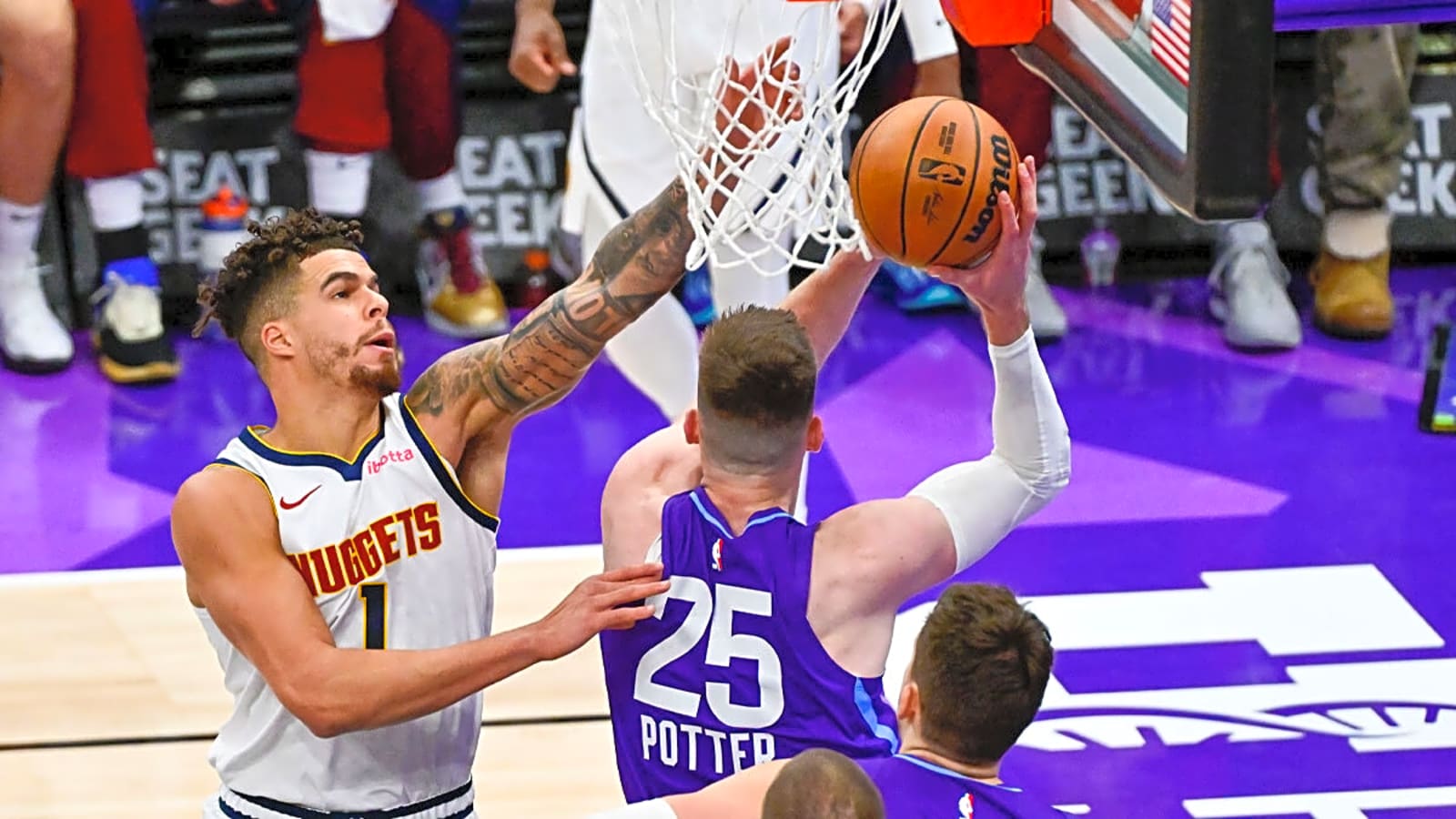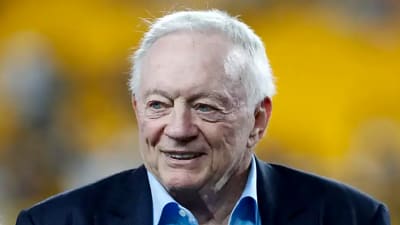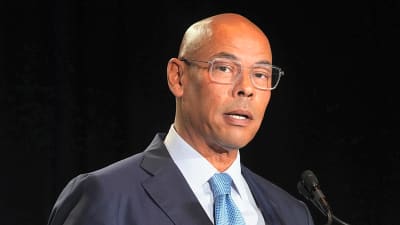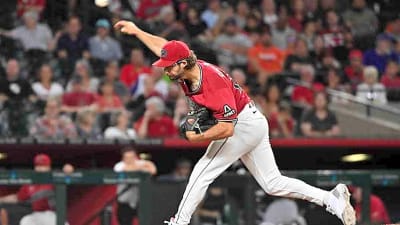
In an NBA offseason filled with headline moves, surprise trades, and power-shifting contracts, the Brooklyn Nets were… silent. No blockbuster signing. No splashy draft-night maneuvering. Not even a mid-tier veteran pickup. Just a single trade and a couple of restricted free agent tenders. This eerie stillness in an otherwise booming free agency market could ultimately be Brooklyn’s biggest mistake, a strategic misstep that may leave them languishing at the bottom of the Eastern Conference for another year.
Armed with five first-round picks (Nos. 8, 19, 22, 26, 27), general manager Sean Marks had the assets to make a trade up the board. Instead, the Nets stood pat, becoming the first team in draft history to make five first-round selections in a single draft.
The moves the Brooklyn Nets did make: A singular pivot
The only transaction that registered a noticeable blip on the radar was the trade of Cameron Johnson to the Denver Nuggets in exchange for Michael Porter Jr. and a 2032 unprotected first-round pick. On paper, this looks like a swing toward the future. The Nets acquired a higher-upside scorer in Porter Jr., who, despite injury concerns, has All-Star potential. The unprotected pick sweetens the deal, adding a long-term asset to Brooklyn’s collection.
Welcome to Brooklyn, MPJ! pic.twitter.com/eISHld7n0U
— Brooklyn Nets (@BrooklynNets) July 8, 2025
But this move alone does not meaningfully improve the team in the short term. Porter Jr. is a marginal upgrade at best, and the team’s immediate roster remains deeply underwhelming.
Meanwhile, the Nets extended restricted free agent offers to Tyson Etienne, Tyrese Martin, Drew Timme, and Jalen Wilson, all promising but far from proven players. That’s it. That’s the sum of Brooklyn’s offseason.
What the Nets didn’t do: The big mistake in the free agency
Herein lies the critical error. The Nets’ approach to 2025 free agency was defined not by bad decisions, but by no decisions.
While teams like the Wizards, Rockets, and even the bottom-dwelling Hornets made calculated additions to their rosters, the Nets did… nothing. No new veterans to bolster their culture. No skilled role players to mentor their youth. No splash to excite the fanbase or show a sign of direction.
Brooklyn currently has an abundance of cap space, yet they’ve chosen to preserve it instead of invest it in talent. This “salary flexibility” might look like prudence on paper, but inaction carries its own cost, especially when other teams are lapping you in development and identity.
The bigger picture: no vision, no vibe
Worse than their silence is what it suggests: the Nets seem caught between two identities. Are they rebuilding? Then why not lean fully into the youth movement, flip veterans, and gather more picks? Are they competing? Then why let your cap space rot on the bench instead of filling out a competitive rotation?
This in-between space, where you’re neither bad enough for a high draft pick nor good enough for playoff relevance, is the most dangerous place in the NBA. And right now, that’s exactly where the Nets are headed.
With no clear floor general, no rim protection, no veteran leaders, and no high-end scorers besides maybe Porter Jr., this team is penciled in as a bottom-five team for the 2025–26 season.
The good news? There’s still time to pivot.
Use cap space in the secondary market
Plenty of veterans remain unsigned. The Nets could scoop up undervalued talent on short-term deals, players who can contribute now or become midseason trade assets. Think minimum-to-mid-level exception contracts with non-guaranteed second years.
Aggressively monitor trade markets
If Brooklyn truly wants to sit on cap space, they need to leverage it at the trade deadline. Absorbing unwanted contracts in exchange for picks is a valuable tool, but only if executed.
Define a clear rebuild
If they’re rebuilding, say it. Trade Reece Beekman and maybe even Nic Claxton for future assets. Embrace the youth, develop Cam Thomas, Porter Jr., Sharpe, and Ziaire Williams, and give fans a reason to be patient.
Hire development-focused staff
Brooklyn can no longer rely on star-chasing. They must become elite at player development. Bringing in coaches and staff with a track record of turning raw talent into NBA contributors will be critical.
In an era where talent acquisition is everything, the Nets chose to do nothing. That silence, more than any one transaction, is their biggest mistake of 2025. While flexibility and future assets are valuable, they mean little without direction, identity, and action.
Unless Brooklyn wakes up before the season tips off, this offseason could be remembered as the one where the Nets lost not just games, but relevance.
More must-reads:
- Lakers supporting Bronny James with veteran Summer League roster
- Cooper Flagg showed glimpse of abilities in NBA Summer League debut
- The 'Most points in a game by NBA team in 2024-25' quiz
Breaking News
Trending News
Customize Your Newsletter
 +
+
Get the latest news and rumors, customized to your favorite sports and teams. Emailed daily. Always free!








